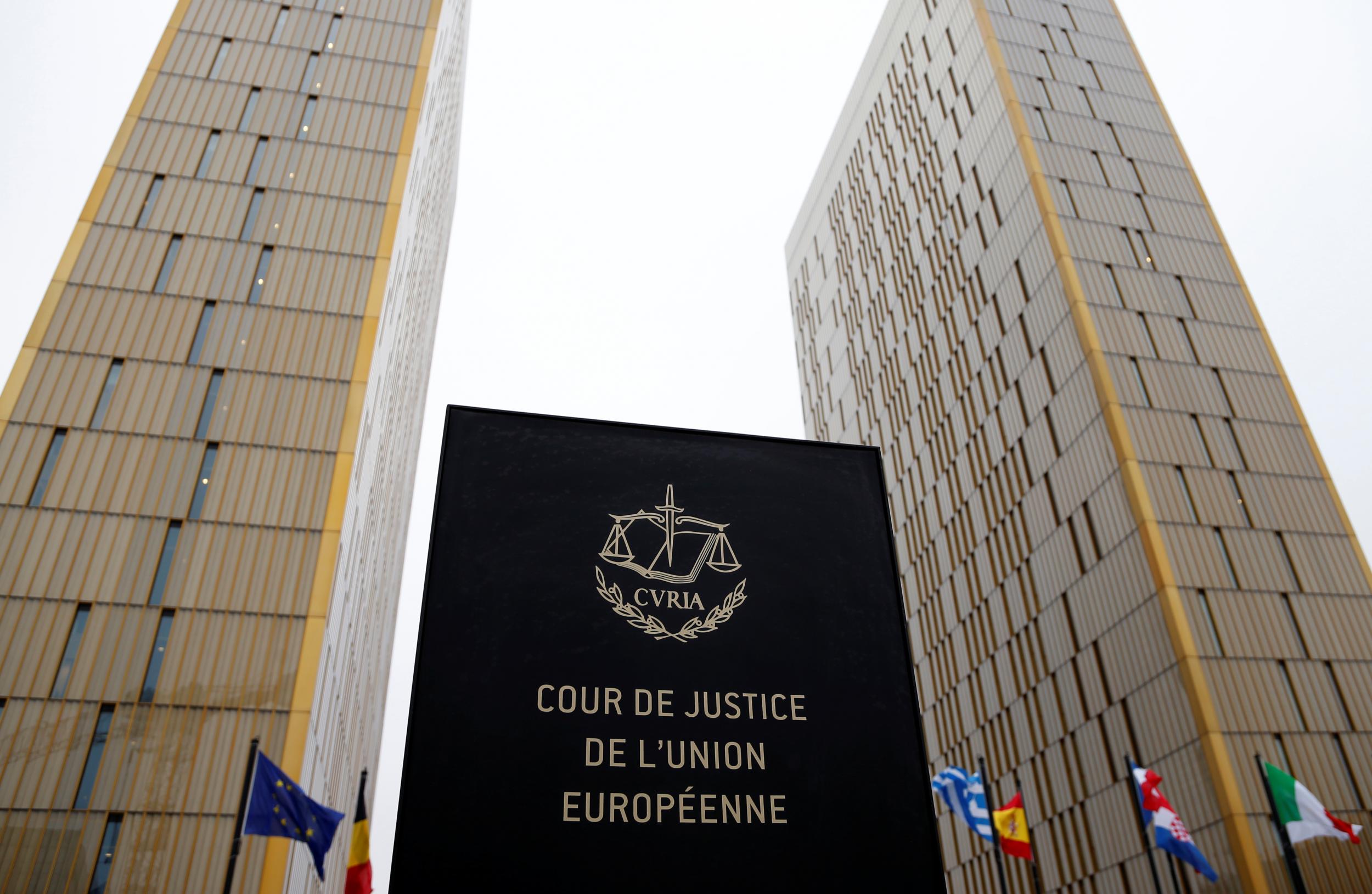As someone who has worked for the EU, I've seen how Europe has saved Britain from itself before
Under the Prime Minister’s vision, Parliament will make laws, UK judges will interpret them and the Supreme Court will be ultimate arbiter in disputes over them. I think this is a major mistake

Your support helps us to tell the story
From reproductive rights to climate change to Big Tech, The Independent is on the ground when the story is developing. Whether it's investigating the financials of Elon Musk's pro-Trump PAC or producing our latest documentary, 'The A Word', which shines a light on the American women fighting for reproductive rights, we know how important it is to parse out the facts from the messaging.
At such a critical moment in US history, we need reporters on the ground. Your donation allows us to keep sending journalists to speak to both sides of the story.
The Independent is trusted by Americans across the entire political spectrum. And unlike many other quality news outlets, we choose not to lock Americans out of our reporting and analysis with paywalls. We believe quality journalism should be available to everyone, paid for by those who can afford it.
Your support makes all the difference.The Government’s new paper of options on the role of the Court of Justice of the EU (CJEU) after Brexit appears to open the way for keeping the UK within CJEU jurisdiction, at least for an interim period. However, PM Theresa May maintains her unfortunately dogmatic stance that “we will take back control of our laws”.
Under the Prime Minister’s vision, Parliament will make laws, UK judges will interpret them and the Supreme Court will be ultimate arbiter in disputes over them. The UK will completely leave the CJEU’s jurisdiction. I think it important to highlight the loss of what has been an important check and balance on the executive branch of the UK government, at least as far as EU law extends.
Having worked in the Commission, I saw a high degree of idealism, of working towards something greater than purely national interests, particularly important on transnational and global issues such as the environment and social rights. This gives the EU institutions the impetus to promote the wellbeing of those with less power at the national level over those holding political power.
Losing this check on power, the structure of the UK Constitution means the executive has tremendous power to push through policies, claiming political legitimacy from manifesto commitments few of the electorate have ever read.
The prime principle of our Constitution is parliamentary sovereignty. In theory, this means that a majority in Parliament can overturn any proposals by the executive that it does not approve of.
In practice, as the executive is de facto from the largest party in the Commons, there is no effective separation of powers between them and the legislature: they are fused. The executive has tremendous power to push through whatever it wants, however egregious the policy, particularly if it has a large parliamentary majority.
Other counterweights to this threat of unchecked power – the House of Lords and the courts – have their constitutional limitations.
The Lords’ powers were weakened by two Acts of parliament in the twentieth century, which asserted the supremacy of the Commons and removed the Lords’ veto over legislation.
The UK courts have somewhat limited power over the executive. They can scrutinise government decision-making processes, and the legality of their actions or decisions, but generally rule on procedural, rather than substantive grounds. Parliamentary supremacy means is nothing to prevent Parliament inserting a clause into legislation which can exclude the ability of a court to hear a judicial review against the government.
In contrast to the UK, the US Constitution creates an admirably strict separation of powers between the executive, legislature and judiciary. Each arm of government can rein in the power of the others in ways defined by the constitution: the US founding fathers understood the danger of a lack of effective checks and balances against “tyranny” and railed against it in the Declaration of Independence. Some may fear that without such checks in the UK, our own political balance may be difficult to maintain.
The CJEU has at times provided such a check, helping to act in UK citizens’ interests over that of the sometimes deleterious instincts of the government.
In my own area, the environment, the CJEU has provided a strong impetuous for the mainstreaming of environmental issues into EU (and thus UK) law. In 1985, it held that environmental protection is “one of the Community’s essential objectives”. It later ruled that environmental protection is a mandatory element in the free movement of goods, putting environmental sustainability on a par with economic factors in a way that seems implausible, if not impossible, from a national government.
Recently, it took a CJEU decision, informing a UK Supreme Court ruling, to require the Government to take effective action to clean up the atmosphere, even though 40,000 people a year die in the UK each year from air pollution. Without the CJEU, the Government would still be inactive, even as tens of thousands of its citizens continue to die from causes it could help prevent.
The CJEU has further helped to create important rights for UK citizens, including gender equality, equal pay for equal work whether done by a man or a woman, and asserting freedoms of religion, association and expression.
A loss of CJEU jurisdiction will mean that the UK executive can indeed “take back control”, and potentially with little constraint other than rebel MPs and five-yearly general elections. This aspect of Brexit seems worryingly under-debated. A question for the country will be whether any constitutional changes will be needed to ensure that there are adequate checks and balances so that this executive power is properly and adequately challengeable.
Join our commenting forum
Join thought-provoking conversations, follow other Independent readers and see their replies
Comments